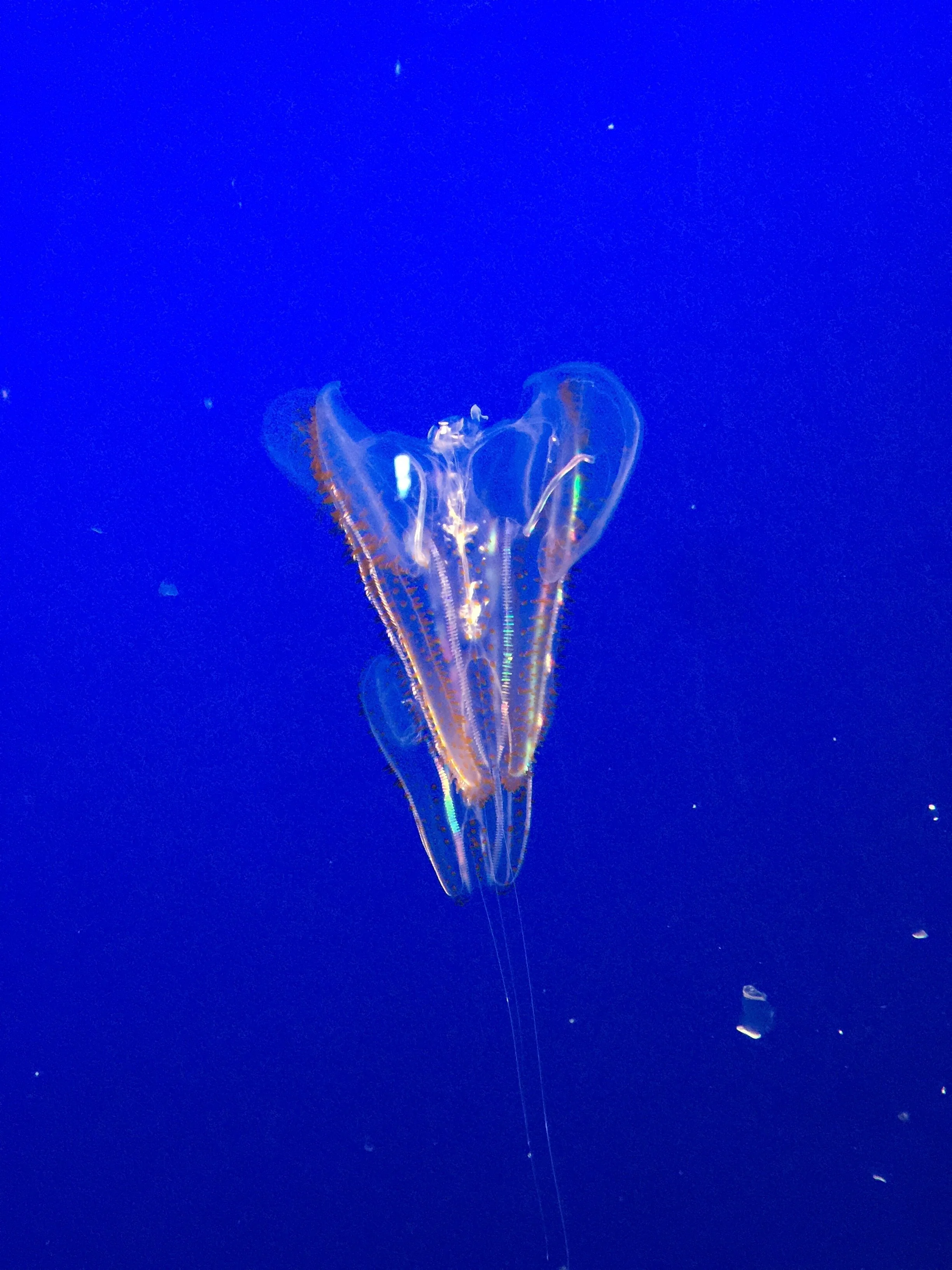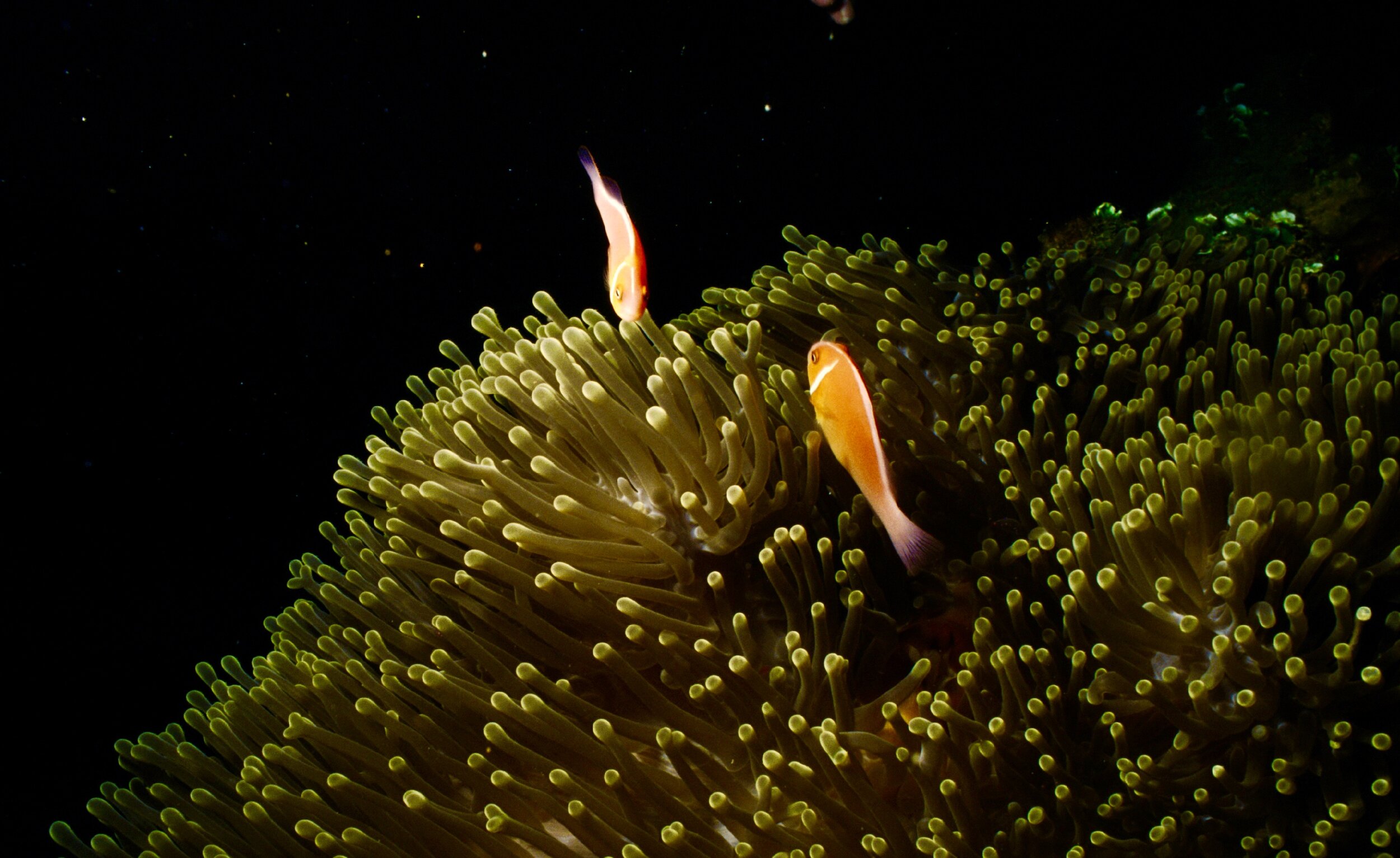The impact of continued COVID infections and deaths, together with ‘social isolation’, leaves many of us feeling as though we’re staring into an abyss. A deep abyss. Even without knowing the formal definition or without having encountered such ‘a deep and seemingly bottomless chasm” we feel foreboding; a sense of awe at best and paralyzing despair at worst. I learned the power of an encounter with an abyss some years ago when my wife and I visited Grand Cayman Island in the Caribbean. Not only the psychological power of such an encounter, but also an effective response. I find that useful today when confronted by the COVID pandemic and, on this 50th Earth Day, the U-turn in efforts to preserve a sustainable environment for our children and grandchildren.
I was on a scuba diving tour of one of the nearby reefs, gradually descending to about sixty feet, enjoying the brightly colored corals, fish and other forms of life. Our guide motioned us to the edge of the reef. We descended slightly, to about 80’. What I saw literally took my breath away. The reef plunged almost vertically into what’s called the Cayman trench, eventually reaching a depth of 26,000’. I was transfixed by the change in water color…from the aquamarine of the shallows, to azure, to cobalt, to midnight blue. I felt very small, and also a bit of fear. For at least a moment, I was chilled by the thought that a giant sea creature might rise from the invisible depths sensing easy prey, or possibly that I was going to be drawn downward, never to return. As the German philosopher Nietzsche warned, ‘if you gaze long enough into an abyss, the abyss will gaze back into you’. Nietszche never encountered the Cayman Trench, but his description of the impact of such an encounter was unerring. I felt as though I was physically being drawn downward.
Seeking reassurance, I checked my depth gauge. Still 80 feet. Half-rolling, I saw the reef almost within touching distance. There were the same colorful corals, the same rainbow-hued fish. The abyss, the Cayman Trench, hadn’t vanished, but neither had the beauty that drew me underwater. I recognized that my state of mind depended upon my focus. It wasn’t a matter of ignoring the reality of the abyss, but remembering the reality of the reef’s beauty and health too; my inspiration for visiting this reef. I believe also applies to our environmental challenge on this Earth Day. We need to be clear about the challenges, but we also need to be clear about why we want to confront those challenges-and to spend time in such places to refresh that clarity and inspiration. Hard science shows time spent in nature-generating a sense of awe-improves our mental and physical health…and that there is no substitute for it.
As I ascended over the reef, I noticed the small bubbles exiting my regulator, the device that allows a diver to breathe air from his/her scuba tank. As my bubbles rose, they combined with those from my dive partners, forming one large, luminous bubble ascending to the surface. I saw in that process more than a simple fact of dive mechanics, but rather an insight into our deceptive belief of separateness. We are community. Recognition of that reality will determine our success or failure in overcoming the COVID threat, and the threats to our home, Planet Earth.





